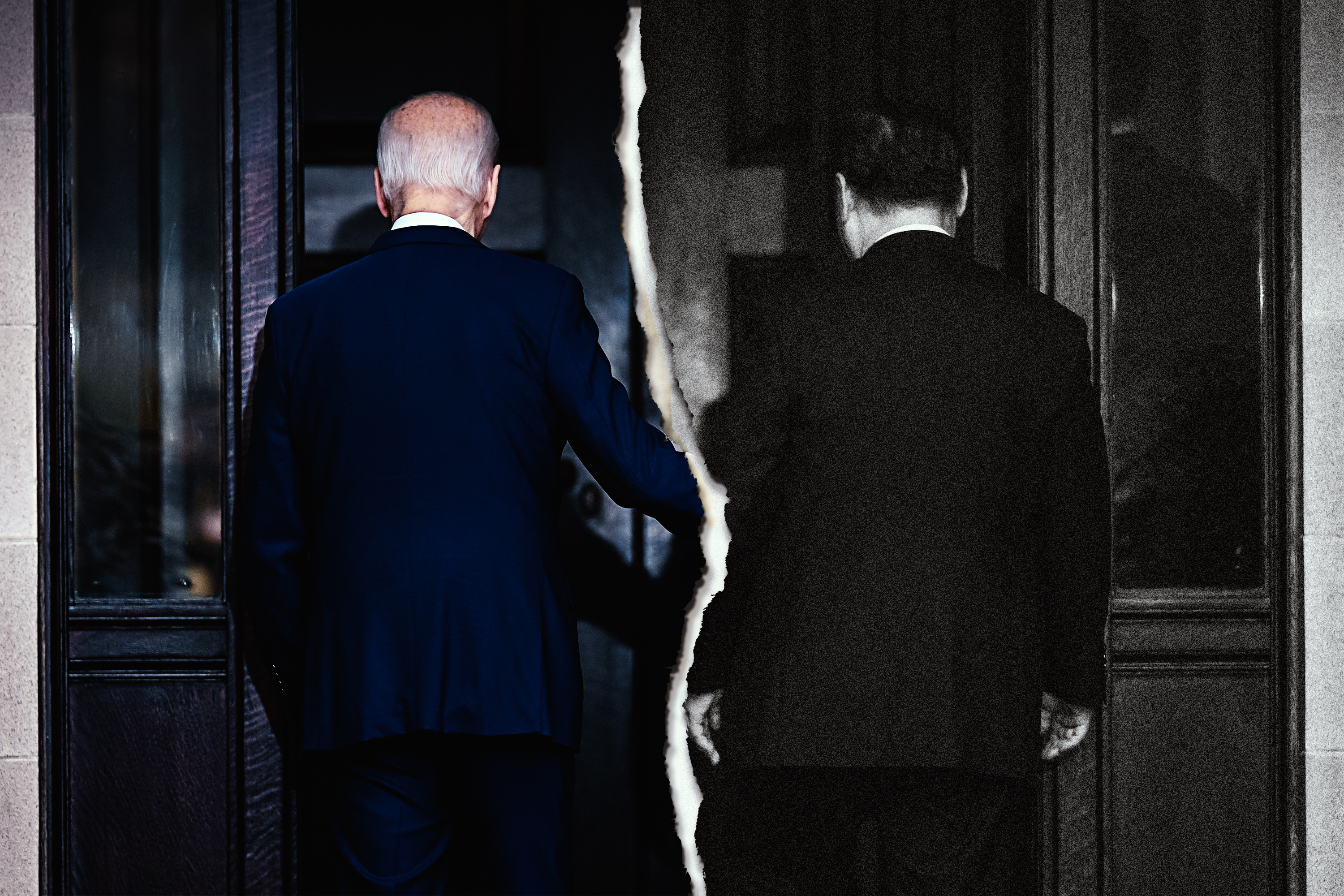Cracking down on fentanyl, resuming military talks, and opening a presidential hotline. President Joe Biden walked away from the carefully planned U.S.–China meeting hailing “real progress.” But one question remains: Will the communist regime deliver?
Much of the real results will rest on Beijing’s willingness to change. Although given the track record of the Chinese Communist Party (CCP), the Biden administration, which argues for a non-confrontational approach, is circumspect.










